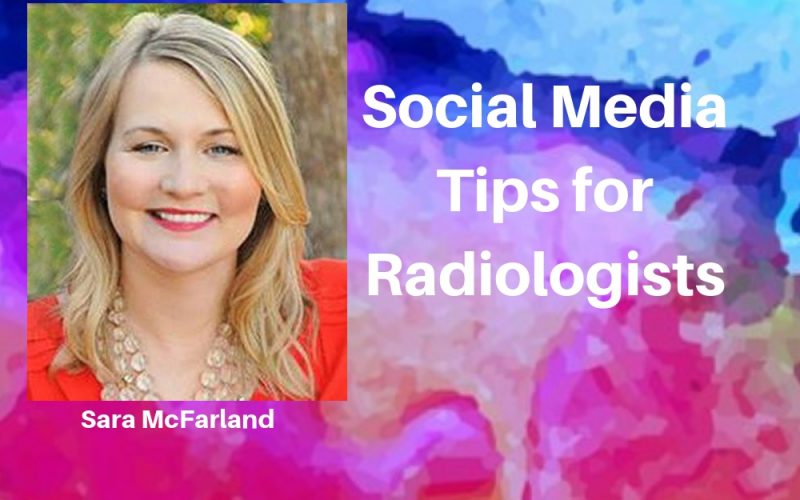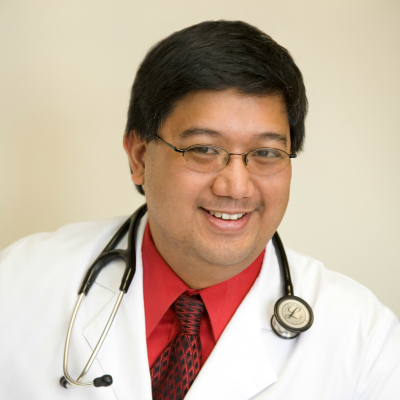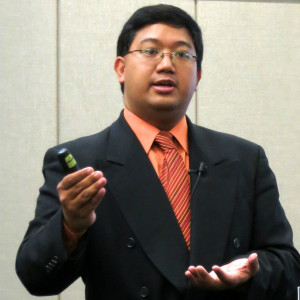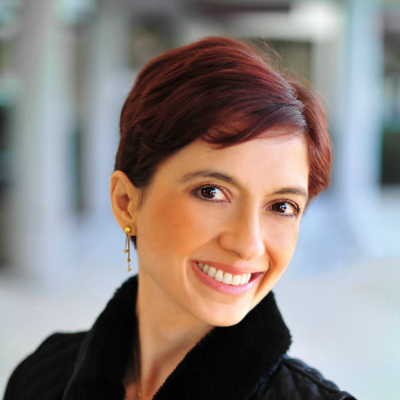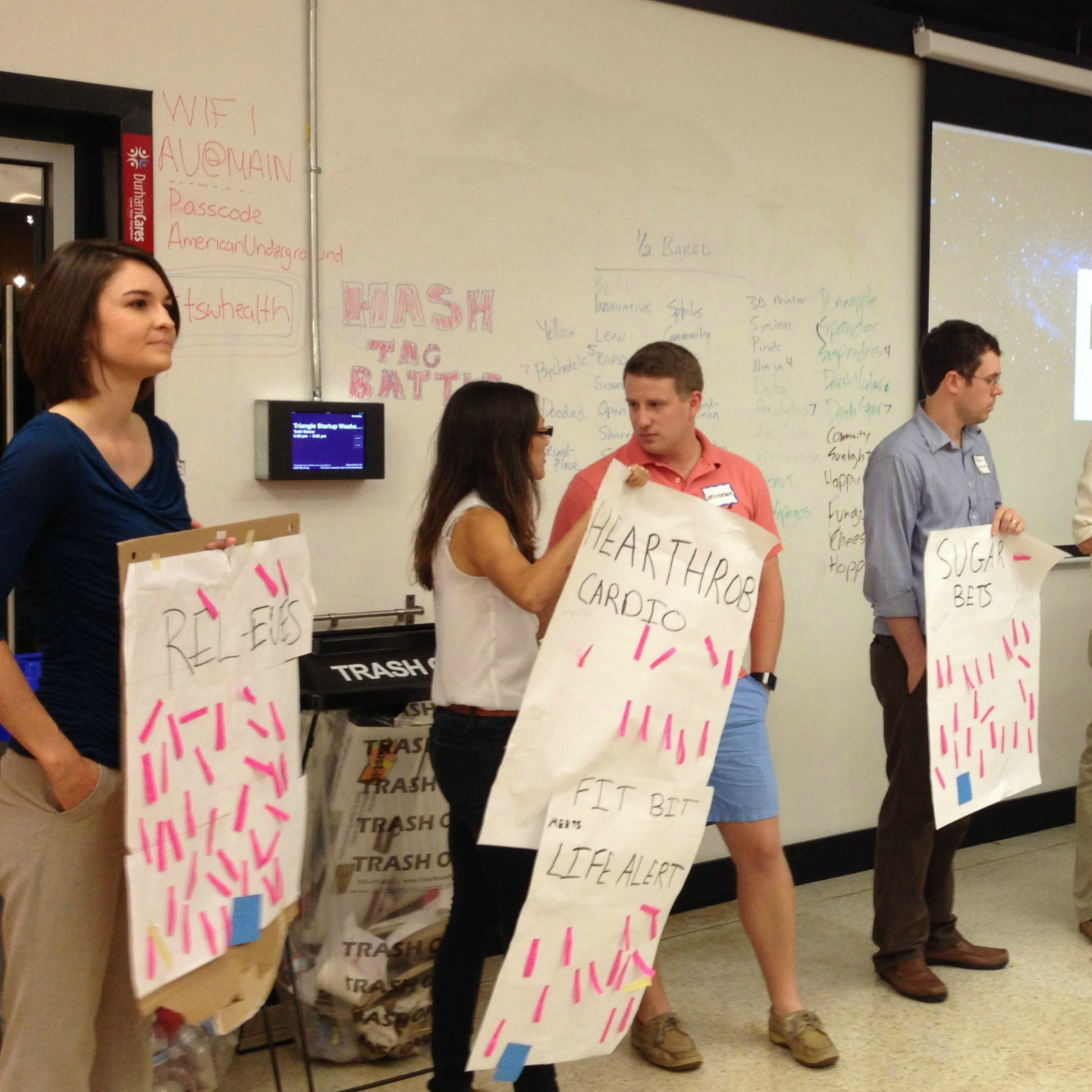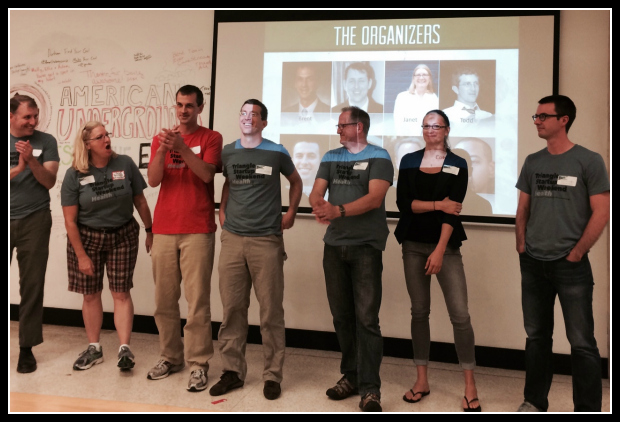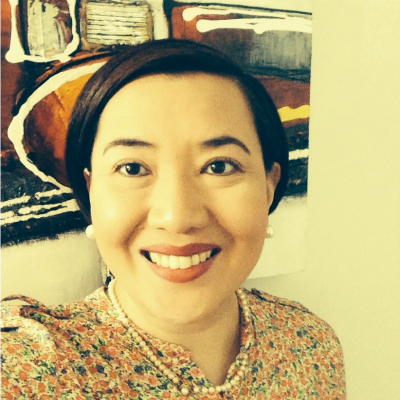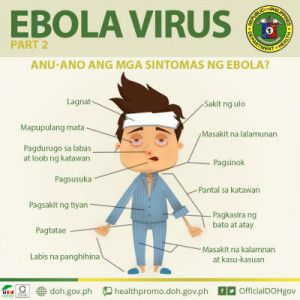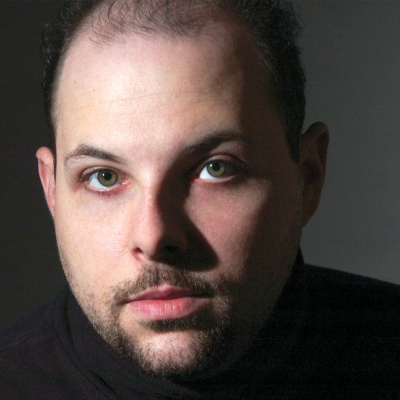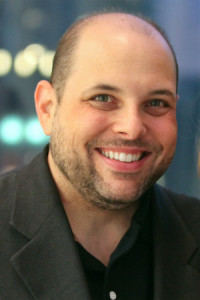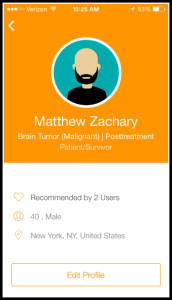Social Media Tips for Radiologists
 It is a pleasure to welcome former Get Social Health podcast guest to the blogger’s seat today. Sara has provided an insightful article on social media tips for Radiologists however they are excellent and apply to any physician. Thanks for contributing Sara!
It is a pleasure to welcome former Get Social Health podcast guest to the blogger’s seat today. Sara has provided an insightful article on social media tips for Radiologists however they are excellent and apply to any physician. Thanks for contributing Sara!
Working in radiology marketing for three years now, I’ve learned the in’s and out’s of the industry, become well-versed in radiology specific terminology, learned more about Toshiba and Hitachi technology than I can fathom and found out how to use various forms of marketing to attract patients and referring physicians. The biggest lesson I have learned though is how to bring the actual radiologists to the table for marketing success.
A joke in our niche industry is that radiologist physicians chose their specialty because they, in fact, don’t like patients and would rather sit in a dark room all day powering through their work than ever have to see a single patient. It makes sense; being that radiologists are compensated for the number of interpretations they get through, rather than their amount of daily positive patient interactions. As a result, the radiologist is not normally well known for exquisite bedside manner.
That being said, many imaging centers and radiology departments end up marketing their centers the same way. Using crutch-terms like “24-hour turnaround time” and “ACR accredited” plastered all over their advertisements and signs, doing nothing to stand out against their competition. By finding unique ways to actually market your radiologist, you can take the road less traveled in radiology.
So what can you do to market a physician that rarely interacts with patients and referring physicians?
- Build an online persona for your physician through LinkedIn and Twitter
- Share posts and become a thought-leader in radiology by posting valuable content, studies and blog articles. As a marketing pro, you can help extend the radiologist’s reach through these two social mediums.
- Patient-focused ghostwriting.
- Write original content for patients from the perspective of your radiologist, advising them on the differences between procedures, how to prepare and how to understand diagnoses.
- Brand journalism for your radiologist.
- Take the ghostwriting a step further and reach out to local media and industry publications to explore whether they need an expert in radiology to consult on medical news and healthcare changes.
- Video interviews and how-to’s
- If you’re lucky enough to have a radiologist that wants to get involved with your efforts and feels comfortable being filmed, you can package short videos of the doctor explaining their services. Video content is great for SEO and is much more manageable for patient education than long white papers and jargon-riddled blog posts.
To discuss some ways to transform your practice’s marketing, shoot me an email. I’d love to share my ideas! To reach me via email use: [email protected] or give me a call at 813-284-2002.

